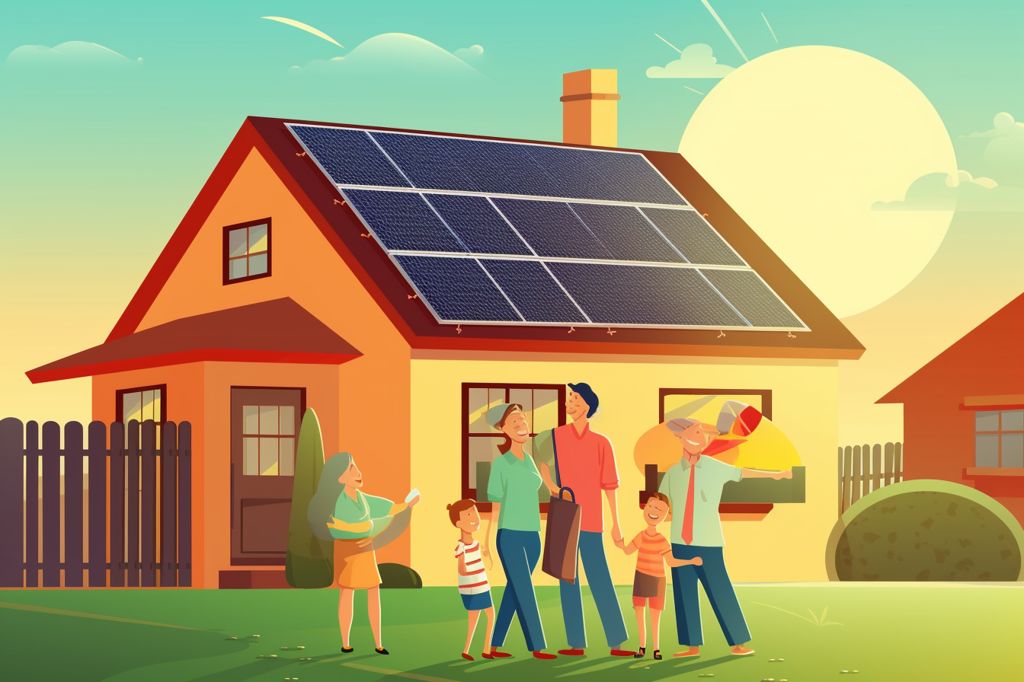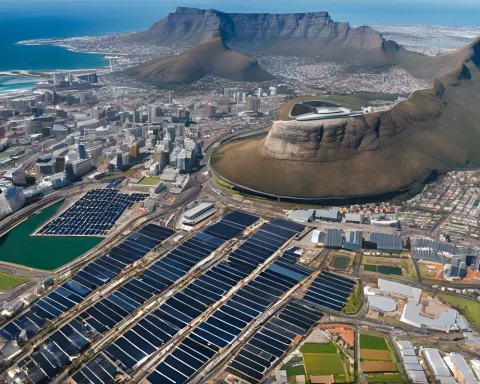As blackouts become more frequent and loadshedding reaches stage 6, finding reliable alternative sources of energy has become increasingly important for households. This article explores different financing options available to those considering investing in alternative energy solutions, such as solar power systems and inverters.
Premier Winde’s Efforts to Encourage Investment in Alternative Energy
Premier Alan Winde hosted the 10th Energy Digicon to discuss financing options for households seeking alternative energy sources. He emphasized the need to incentivize the move to alternative energy sources to escape the grip of loadshedding. Premier Winde highlighted the availability of tax breaks for businesses and homeowners who opt for solar energy installations until early next year. He suggested the national government expand rebates beyond solar to include other energy-saving products.
Financial Services Available for Homeowners
Colin Strumpher, Sales Manager at bond originator BetterBond, outlined multiple financing services available to homeowners considering solar energy solutions at the Digicon. These options include increasing an existing home loan to cover solar panel installation costs, applying for financing that incorporates the cost of the solar energy system for new homeowners, obtaining loans from service providers that accommodate an additional 20%, and exploring rental options for solar systems.
Banks View Solar Energy Systems as Value-Adding Features
Strumpher also mentioned that some banks view solar energy systems as value-adding features for properties, making them more attractive to potential buyers. Premier Winde encouraged those capable of installing solar energy systems to do so, contributing to addressing the energy crisis.
Updates on the Western Cape Government’s Efforts
Premier Winde also updated attendees on the Western Cape Government’s (WCG) efforts to enable several towns in the province to end or ease loadshedding. He stated that the WCG would soon approach municipalities to determine whether they can implement measures to become loadshedding-free within the next 10 to 14 days, subject to specified criteria.
As blackouts continue to intensify, exploring alternative energy sources has become a priority for households. Through tax breaks, financing options, and government efforts, there is a growing push to alleviate the burden of loadshedding on households and businesses alike. It is essential for both the government and private entities to offer incentives and support to encourage the adoption of these alternative sources.












